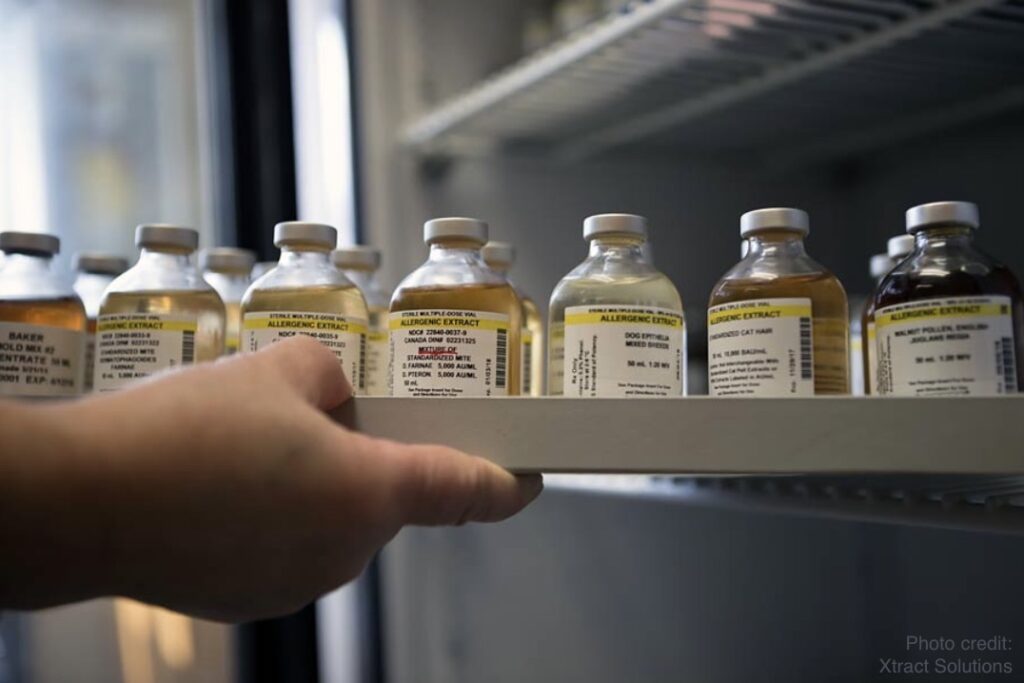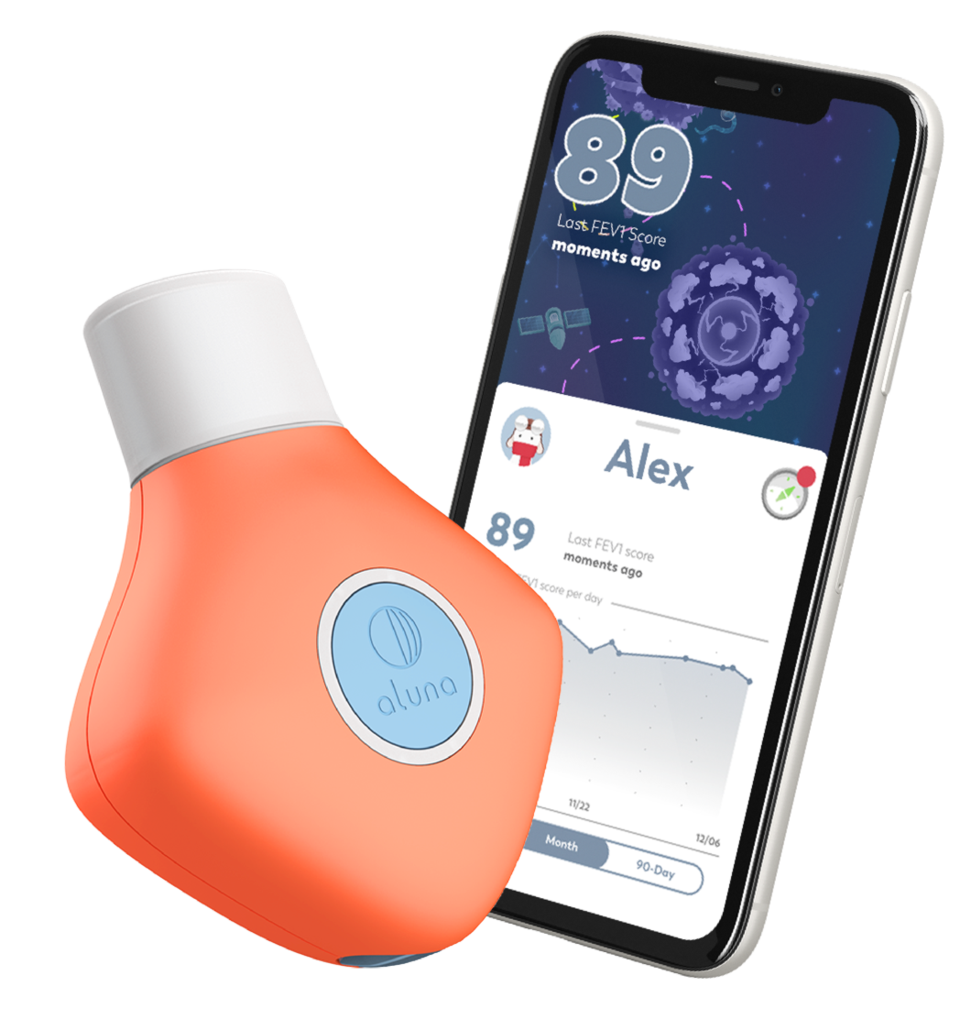Procedures

Diagnostic Testing
Providing the most up-to-date diagnostic testing procedures and maximizing treatment options is essential for patient-centered care.
Diagnostic testing is typically rapid and is often almost painless. By identifying and understanding the underlying triggers to symptoms, specific avoidance recommendations and measures to decrease exposure can be offered to optimize treatment regimens while minimizing medications as much as possible.
Allergy Skin Testing
Skin prick testing is performed in evaluation of environmental allergy and food allergy.
Serum Specific IgE Testing
This blood test is sensitive for identifying allergens causing allergic disorders. Advantages include improved determination of specific type of allergy present.
Patch Testing
Patch testing helps identify the causative agents of allergic contact dermatitis. including common chemicals and product ingredients.
Spirometry
This test measures lung function and is used in the assessment of asthma. At times, a medication is given to assess for improvement and reversibility.
Allergen Immunotherapy
Immunotherapy, also called allergy shots, is a customized treatment for environmental and stinging insect allergies that help the immune system become less sensitive over time, improving symptoms and improving quality of life.
Antibiotic Testing and Drug Challenge
Some suspected antibiotic allergies can be safely evaluated in the office and ruled out with testing procedures that include skin testing and ingestion challenges.
Open Food Challenge
An open food challenge is a highly accurate diagnostic test to rule out food allergy, and is performed in a regimented manner when it is suspected that a patient no longer is allergic.
Biologic Medication Administration
Biologic medications used for the treatment of asthma, chronic hives, nasal polyps, eosinophilic esophagitis and moderate to severe atopic dermatitis are administered in our office.
In Office Treatment
Effectively controlling allergy and asthma symptoms requires an individualized treatment plan. Our goal is to enable patients to feel fewer symptoms with a reduced need for medications, while improving upon the quality of life they experience.
These treatment plans may include therapeutics that are administered in our office under supervision, such as allergen immunotherapy or treatment with biologic medications. These treatments are extremely effective, and may be considered for patients who require management beyond traditional medications.


Diagnostics at Home
Remote patient monitoring provides an opportunity for patients to measure lung function at home, and receive real time monitoring by your healthcare team. Patients can perform spirometry at home on a daily basis with an easy-to-use spirometer that links to an app, and transmits data to a dashboard for daily monitoring. This service is covered by most commercial insurance plans, Medicare and Medicaid.**
This is so valuable for our adult patients who want to better understand their asthma control, to more tightly manage their asthma with a data-driven medication regimen, and identify exacerbations before symptoms even begin, and improve overall asthma control.
Remote spirometry is also approved for children as young as 5 years of age, and also helps parents to understand their child’s asthma, recognize if and when there is a need for controller therapy, and improve the medication compliance of adolescents and teens.
This will be transformational for patients who want to breathe better, sleep better, stop coughing, and be able to be active without feeling like they have to stop and catch their breath.
**If you would like to inquire about cost and coverage from your insurance plan, please call our office and we can submit an inquiry on your behalf.